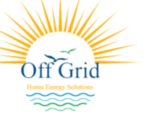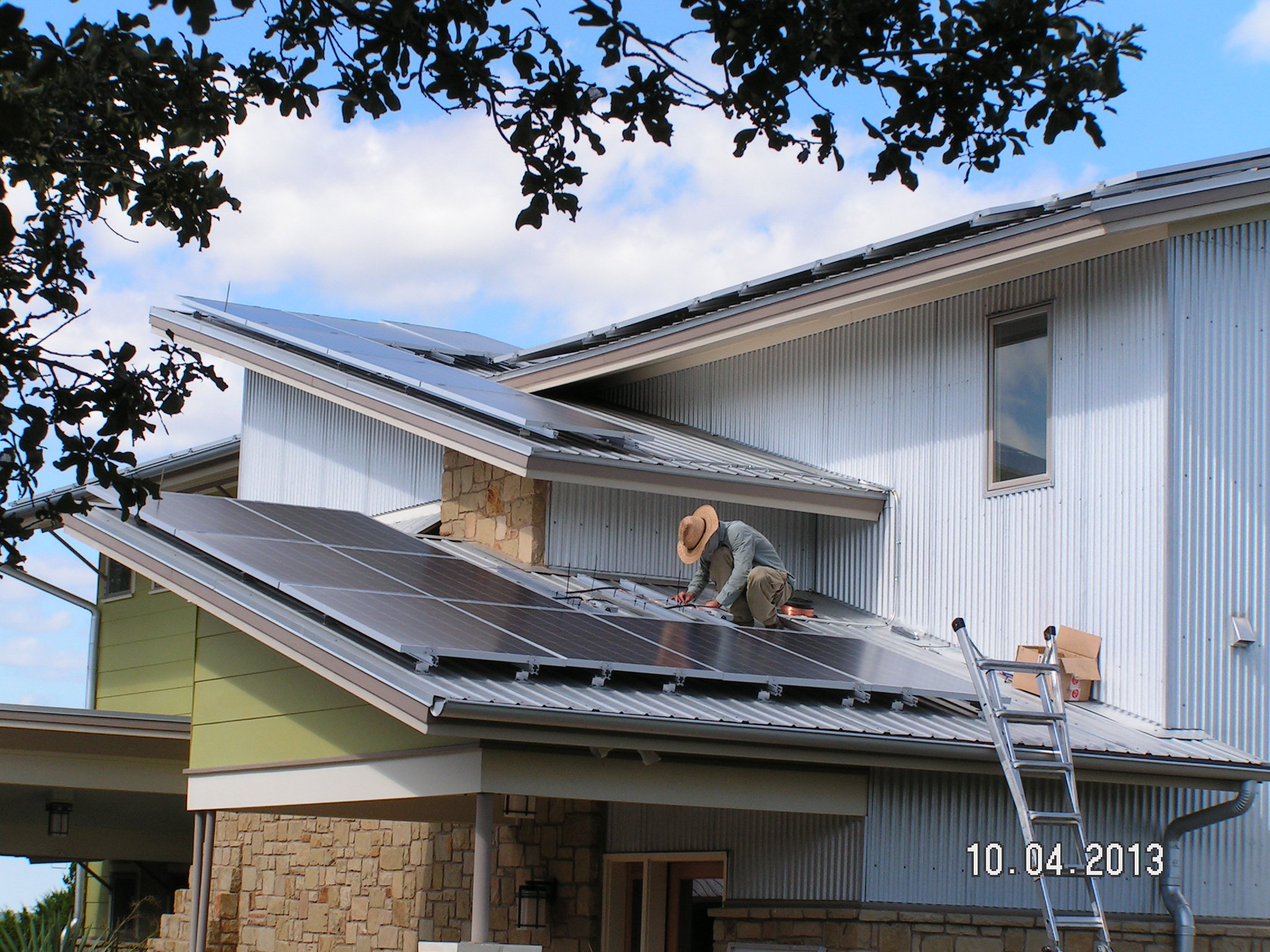What Should I Know Before Installing Solar Panels and Batteries at Home
If you’re considering solar installation for your home, it’s important to know what your daily power usage is. Take note of the number of lights, fans, and televisions you use. Then, multiply the number by the number of hours they run on a daily basis. For every appliance you use, check its specs and power rating. If you can’t figure out how much power you use, don’t install solar panels and batteries just yet, As you do not want to setup a system that will under power your electricity needs.
While solar panels can offset your monthly electric bill and help you save money, you should understand that these systems are not perfect. The efficiency of solar panels will decline over time, so the savings you get aren’t guaranteed. Since electric rates are so volatile, your savings may vary from month to month. Also, you should keep in mind that solar panels were tested in ideal conditions, such as a factory with temperatures in the mid-70s. Depending on where you live, you may experience higher energy prices.
If you’re unsure of whether solar panels will work at your home, check to see which type of solar panels you’ll need. Depending on where you live, solar panels may be a good option if your home has at least six hours of sunlight each day. Alternatively, you may need to purchase batteries to store the excess energy produced. The main difference between batteries and solar panels is the cost. The initial cost of solar panels may be significant, but the cost will soon pay for itself in the long run.
Once you’ve decided which type of solar panel and battery system you want, you need to make sure you understand how they operate. Batteries can either store solar energy or feed it back to the main electrical grid for credit. This will greatly cut down on your electric bills and can make a huge difference in the amount of money you save. However, it’s important to note that some roofs will not support solar panels if they’re damaged. If you’re concerned about your roof’s condition, you should consider repairing it before you install solar panels. Generally, shingles should be relatively new as well. Otherwise, you’ll be required to take down the entire grid to install the panels.
If you’re not sure whether a solar panel and battery system will work for your home, you can try out a free online solar calculator to determine the amount of electricity you’ll save with a system. By filling in your current electric bill, you’ll be able to see how much money you can save from solar power. If you’re unsure about whether it’s right for your home, use the solar calculator.
The solar installers will look at your roof, location, and your current electric bill. After reviewing your electric bill, they’ll also look at your recent utility bill. Make sure you tell them the percentage of your power bill you want to offset with solar energy. From there, they’ll estimate how many solar panels you need to offset your power usage. Depending on the size of your roof, you may want to hire a professional roofer to do this work.
You should also consider the solar panels’ efficiency. Modern PV cells produce approximately 70 miliwatts per square inch. If your home gets 4 hours of usable sunlight each day, this would translate to 280 MWh of power per square inch. That’s pretty impressive for a small solar panel system. And if you’re planning to install more than a few panels on your roof, you may need more panels than that.
Besides calculating the estimated energy output of each solar panel, you should consider battery costs as well. Solar batteries cost about a third of your electric bill, so you’ll want to find out what they’re really worth. For the most part, you’ll want to get as much energy as possible for the cost. Batteries are an investment that will pay for itself in a few years.
When installing a solar power system, consider what appliances you need to keep running. Some solar panel systems are grid-tied, meaning that your batteries store the power you generate and store it in the public utility grid. That means that you won’t have to worry about a blackout! And even if you don’t want to be stuck with no electricity for an extended period of time, solar power can be a lifesaver!

